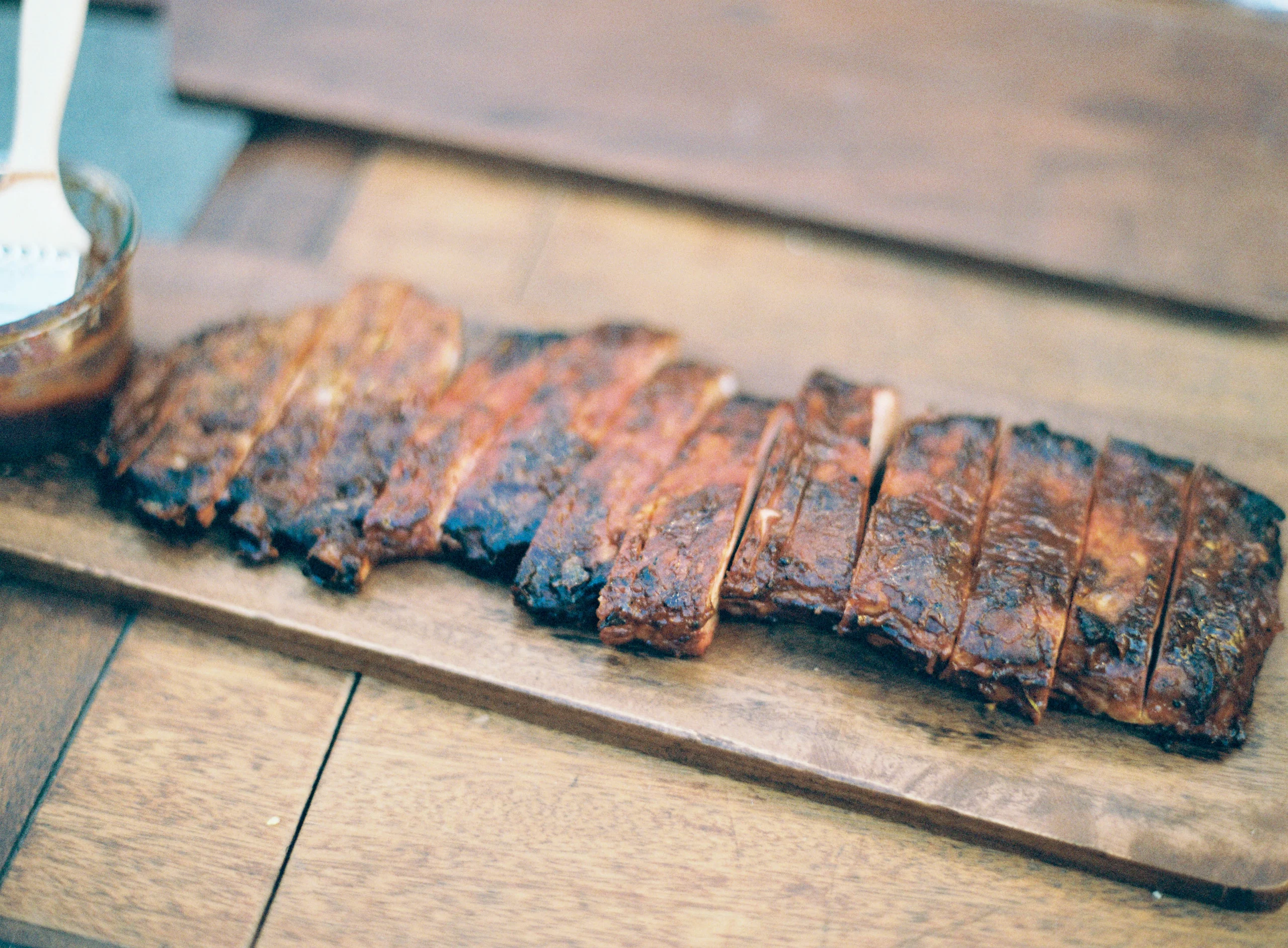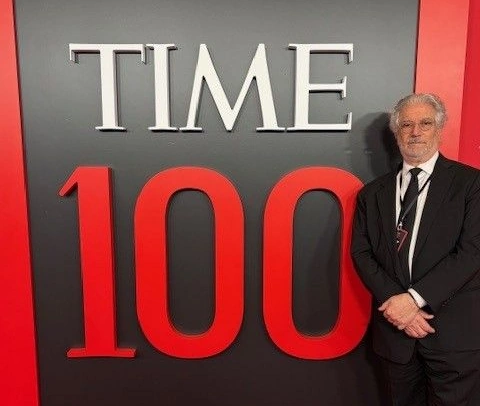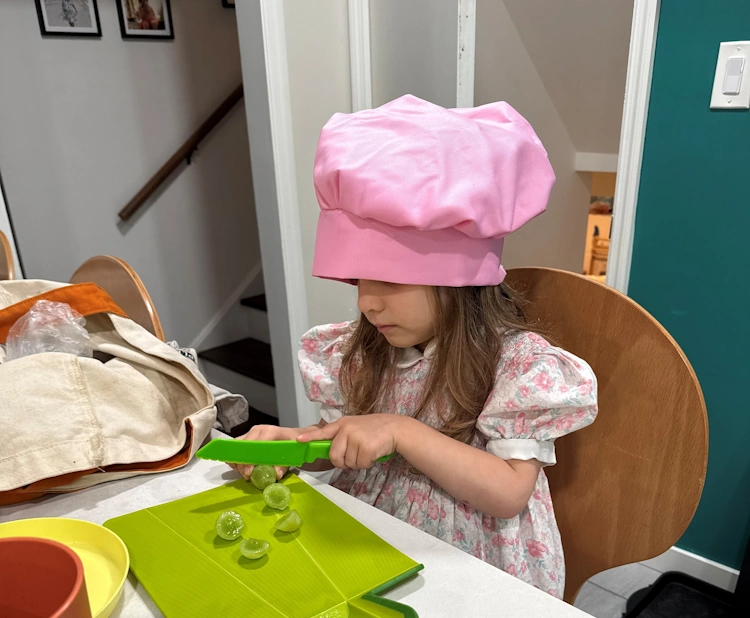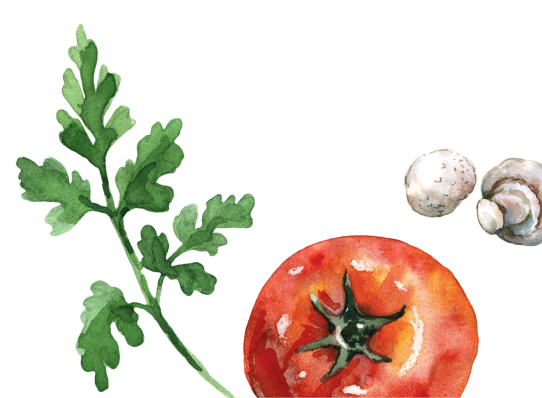Pollan-ated!
The man most responsible for causing us to examine what we put onto our plates and into our mouths with his blockbuster Omnivore’s Dilemma is at it again, this time with a book titled Cooked. My copy arrived last week. I love how he once again uncovers fundamental truths that have somehow gotten lost in our postmodern shuffle — hidden-in-plain-sight, simple, logical truths. Just as he peeled back the layers on processed food and industrial farming, this time he engages in the ancient, timeless, and indispensable ritual of cooking.
It is almost ironic that the most eloquent spokesman for the food policy movement was not as he might be imagined — skilled in the kitchen, whipping up all sorts of healthful and delicious meals with confidence — and more significantly — with passion. Not the case, Pollan honestly states in the powerful opening to this new book: “the mildness of my interest in cooking surprises me since my interest in every other link of the food chain had been so keen” (p. 2). Pollan discovers the magic of the cooking process on a personal level but clearly connects it to his search; “….for years I had been trying to determine… what is the most important thing an ordinary person can do to help reform the American food system, to make it healthier and more sustainable?” (p. 1). In this book, Pollan states that cooking is “one of the most interesting and worthwhile things we humans do,” transforming our lives (p. 11). “I learned far more than I ever expected to about the nature of work, the meaning of health, about tradition and ritual self-reliance and community, the rhythms of everyday life, and the supreme satisfaction of producing something I previously could only have imagined consuming…” (p. 12).
In 2006 we established The Sylvia Center for the purpose of connecting a young and vulnerable population of children to a lifeline that could potentially help shape their lives for the better. We would teach them about cooking delicious, healthy food — in season when possible — in a fun and socially engaging environment. A brainstorming session early on created the mission tagline: “Inspiring children to eat well.” Obesity and other diet-related diseases were on our mind, but we knew that to make a change, we would have to involve our young students in a positive and socially engaging program.
We started at Katchkie Farm, where The Sylvia Center team carved out a one-acre children’s garden in the heart of the farm. As children arrived at the farm, they would explore the wide, rainbow-shaped kid-friendly rows, nibbling greens, flowers, weeds, and veggies they never imagined existed. They would plant and harvest before moving to the next activity — chopping together and preparing a meal they would share as a community at the picnic tables adorned with field flowers.
Did we know for sure that if we connected these young eaters to food in a new and slightly radical way, that they might start to think differently about what they were eating? Yes and no — but we believed that on that day, as they experienced a farm along with some vegetables for the first time, that we were “planting seeds.”
And as the program expanded to NYC and we started working in various community centers within the New York City Housing Authority, the effect was equally powerful. There is unexpected joy in being able to transform a raw food product into something delicious. Cooking is a critical skill that grows with time and provides the ability to care for oneself or a family. It is independence from poor food choices and from the world of absolutely unhealthy processed food. It is a connection to great flavors and bridges the disconnect from remote celebrity chefs by making it real and attainable.
So, here we are, working for over seven years with the clear belief that our culinary-based program would positively influence food choices and health outcomes. As funders and potential donors looked at our work, their requests for metrics that connect the work to our stated outcome were amplified. The analysis is happening as we speak.
This is where Michael Pollan steps in. As Michelle Obama did with her White House Garden and Let’s Move campaign, sometimes it takes someone of great stature to galvanize support for something that is in fact not complicated and even obvious. Plant a garden, engage in physical activity — see how things can change. Cook a meal with children — offer them wonderful fresh foods — and see if they don’t respond positively, refilling their plates.
Back to Michael Pollan — “The shared meal is no small thing. It is a foundation of family life, the place where our children learn the art of conversation and acquire the habits of civilization” (p. 8 of Cooked). As a culture, we have lost our way to the kitchen, distracted by hard days at work, and seduced by the myriad of options from fast food to alluring restaurants and easy frozen or prepared supermarket options. But when we find the joy, taste, and beauty of cooking in the kitchen, something wonderful happens.
Thank you, Michael, for “Pollan-ating” our program. We take this as an affirmation that we are on the right path and are thrilled that we share the joy and benefits of cooking with you.
See you in the kitchen!
-Liz Neumark











